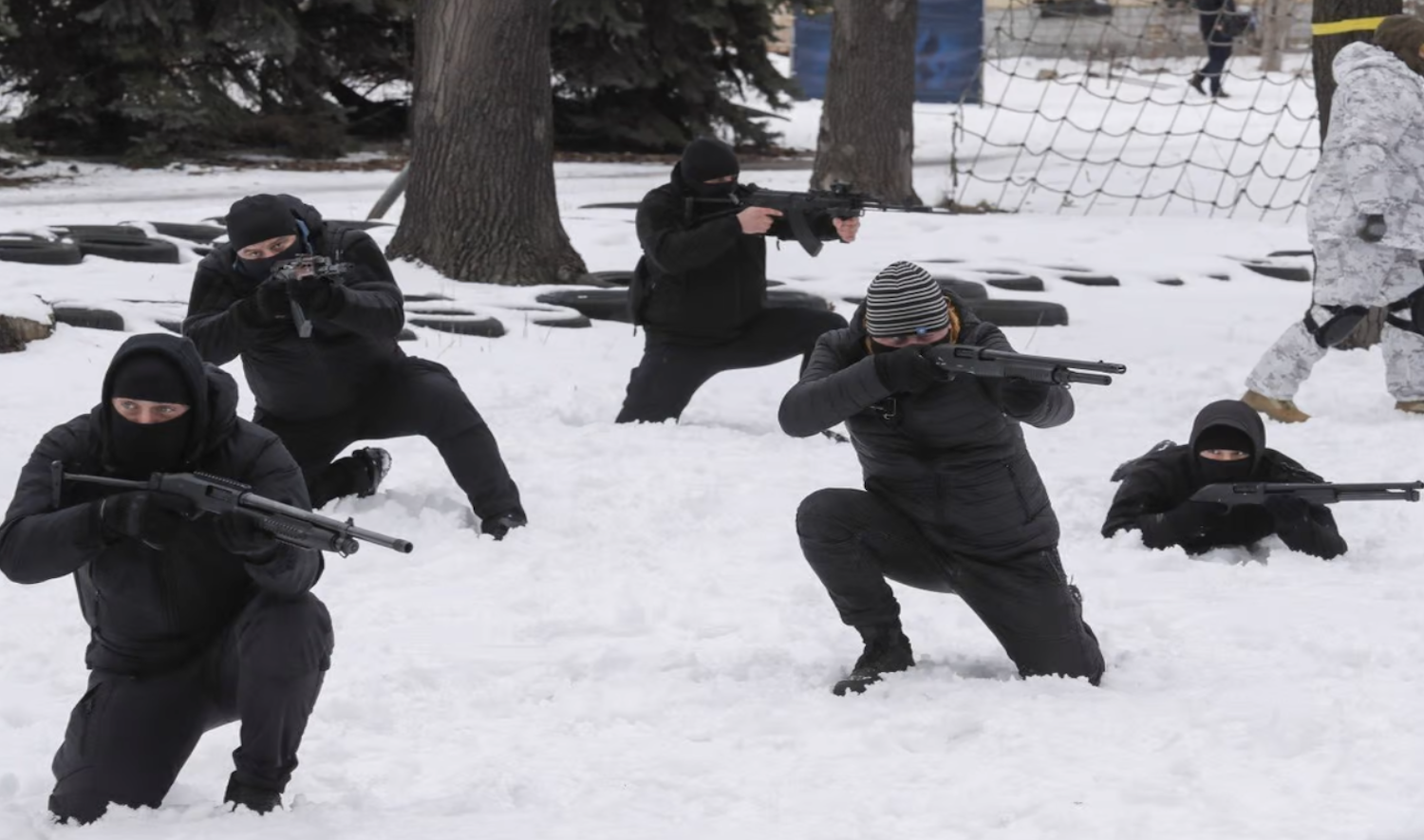TOM PLATE WRITES — The Chinese tilt towards Russia is understandable enough. It is immensely satisfying to be able to tell American leaders that China will do what it wants to do, whether the arrogant West likes it or not.
China is the big deal now – or so goes the talk in Beijing’s corridors of power – and the United States must learn to live with it. And if it can’t, then too bad: just like their predecessors over the centuries, Westerners are, after all, barbarians.
To be sure, nothing said in public suggests that President Xi Jinping is comfortable with, much less delighted by, the possibility of Russian President Vladimir Putin giving the green light to Russian troops who are already amassed on the Ukrainian border.
Over the weekend, US National Security Adviser Jake Sullivan said the Russian invasion of Ukraine could come “any day now”. Beijing’s ersatz and informal alliance with Russia – as Putin’s well-armed ground forces hover over the hapless ping-pong ball that is Ukraine – prompts concern that Xi’s government has abandoned hope of reviving a more pragmatic relationship with Washington.
An imagined outflank of the US by gaming geopolitically with Putin is a very risky business. However popular the former KGB officer might be inside Russia, his image in the rest of the world is mixed at best. There is therefore the question of whether the tilt toward Putin reflects wisdom.
One might suggest that, with so many mouths to feed, citizens to house, medical care to provide and so on, a policy of determined detente rather than “wolf warrior” gamesmanship might better serve Beijing’s interests. Meanwhile, the US itself is struggling with political rancour.
If the American people associate today’s China with the bad old days of the former Soviet Union, Zhongnanhai might be tilting against one of Chinese political culture’s greatest insights: always think long term. Consider that barbarian America will be around for a long time, whether Beijing likes it or not. Neither containment nor confrontation is what China or the US need.
It is true that America seemingly cannot resist getting into wars that allow it to frame itself as being on the “right side of history”. Without a national reconfiguration of strategic goals and tactics that is long overdue, the administration reacts to the tightening tensions around Ukraine in the only way America knows how: move troops closer to the action.
In all fairness, the pressure on America’s commander-in-chief, US President Joe Biden, is brutal. Note the blast by US Representative Jim Banks, a Republican from Indiana who sits on the House Armed Services Committee.
He said: “Russia and China’s announced authoritarian coalition today shows just how badly Biden’s policy of weakness and appeasement has failed. Russia and China share a common interest to undermine the United States, and Biden, through his lack of leadership, has let them do it. …
“What’s also become increasingly clear is that China seeks to be the dominant force within a new world order run by authoritarians.”
It is noteworthy that Banks also helms the Republican Study Committee, founded in 1973 to bring together like-minded conservative House members. Today it is the largest caucus in the US Congress.
China’s chumminess with Russia only adds to the heat of the domestic blast furnace on Biden when the challenge is framed in a black-and-white fashion like authoritarianism versus democracy. This simplified framing and guilt by association can be unfair to China.
But Beijing can avoid the taint by keeping a proper distance from Moscow, even while buying up all the Gazprom gas it can afford. Whatever label you want to pin on China, it is not Russia.
For its part, America needs to take a very careful look at itself. Even conventional thinkers in the US are calling for a round of reflection of the nation’s appetite for global commitments.
A good example can be found in a recently published book by Hal Brands, the Henry A. Kissinger Distinguished Professor of Global Affairs at the Johns Hopkins School of Advanced International Studies.
Even this political conservative advocates trimming the global American remit from that of the sprawling, all-over-the-place policeman of the world to a more patient, domestically absorbed US that shows greater selectivity about when and where to try to plant the American flag or export the American way.
The policy wisdom of the day in Washington is now “pacing”. In the book The Twilight Struggle: What the Cold War Teaches Us About Great-Power Rivalry Today, Brand writes: “Setting a steady pace is admittedly easier said than done. Adversaries often expand into spaces left undefended; non-vital interests may no longer seem non-vital when attacked…
“Yet understanding the basic need for pacing is nonetheless vital because the cost of exhaustion is so high … In long-term competition, restraining your enemies may also require restraining yourself.”
In a recent joint statement, Xi did sign off on Russia’s request to oppose the further enlargement of Nato. Predictably, the official response from the West was defensive and huffy. But by itself, though, is this such a terrible idea?
Lord Salisbury, prime minister of Britain at the height of its power, once warned his fellow citizens against “sticking to the carcass of dead policies”. It is hard to avoid a fast-sinking feeling as the relationship between China and the US dips lower into the whirlpool of global uncertainty.
Author-journalist Tom Plate is Distinguished Scholar of Asian and Pacific Studies at Loyola Marymount University and vice-president of the Pacific Century Institute

